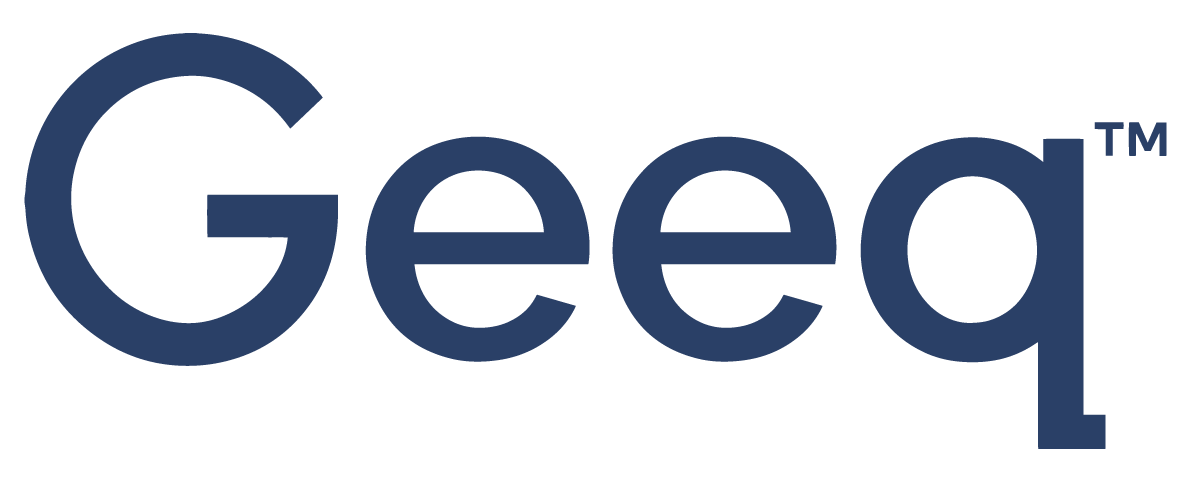
Distributed Systems
What does Distributed Systems mean?
In this context, the objective of keeping copies of data in several locations.
Main Idea:
As organizations, consumer bases, and business partnerships spread out, distributed systems have become a general term applied to a wide variety of processes. In computer science alone, the theory and development of technology to support distributed systems for software applications and computing is a sub-field of its own.
It is not possible to do justice to the entire scope of distributed systems in a single article. We will highlight a few features, with the admission that these remarks only scratch the surface.
The Advantages of Distributed Systems
- Keeps copies of data in several places which first and foremost creates redundancy. If one data center is destroyed, all is not lost.
- Keeps copies of data in several places to manage traffic and reduce latency, by making data available locally.
- Keeps copies of data while using corporations that explicitly provide distributed storage and application solutions, e.g. cloud providers like Amazon Web Services.
The Complexity of Distributed Systems
There are many challenges that come with maintaining distributed systems. Of course, only you know what is most important to you. Do costs matter a lot and the only value is to have an emergency back up? Do you care that your organization’s data is available around the clock to the world?
When deciding about traditional distributed computing systems, considerations include but are not limited to: who is responsible for synchronizing databases, how and when; who responds when systems have network problems such as down time or partitions, how and at what cost; and what mechanisms and safeguards exist to keep data up to date and protected through time.
When security is the uppermost priority, you might imagine departments of defense keeping all of these systems in-house. A growing problem in cybersecurity, however, is when distributed systems are maintained and controlled by easily identifiable centralized entities (like cloud providers). Centralized providers of distributed services present high profile targets that can and have been attacked successfully.
Used in a Sentence:
Geeq’s technology secures the integrity of data, with all the advantages of well-maintained distributed systems, by inventing a completely new, decentralized, and automated blockchain technology.
Last Updated: February 25, 2023
Read what Geeq has to say about Distributed Systems...
The following articles are written by the Geeq team to share and inform about the industry we are passionate about.
To learn more about events, announcements and learn about other topics visit our news section
Community announcement - Tokenomics Update - January 2024
Why has Geeq taken a no-smart contracts route? To deliver an efficient, reliable, predictable engine to solve these three problems and more.
Choose Geeq as your favorite to win "Best in Class". Here are 5 reasons why Geeq is poised to set the world's standards in blockchain.
8 Ways Geeq is the Essential Foundation for Blockchains. Here are the reasons Geeq provides the Layer 0 (L0) foundation that blockchains and smart contracts need.
UPDATE: Now with links to video and Slides! John P. Conley introduced Geeq's Algorithmic Monetary Policy and Stabilized Token to the public at SFBW.
This is the Geeq token allocation and release schedule. Please note: Geeq did not hold an ICO or IDO.
Ask Me Anything on Telegram: TH 1/24/2019, 4 pm EST
Details are available for the official GEEQ contract address.
$GEEQ has partnered with Ferrum Network to offer non-custodial liquidity staking. Watch this space!
Late Friday Update for Geeq Tokens - The Unlocked-round is fully subscribed. The Pre-round is still OPEN.
April highlights: encryption upgrade, chain state view for chain hash proofs.
Geeq introduces the counterparty NFT, which requires both parties' signatures before there is a transfer of the asset's deed. This reduces risk.









